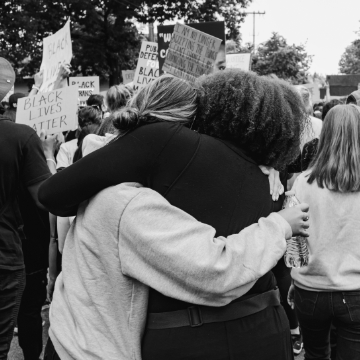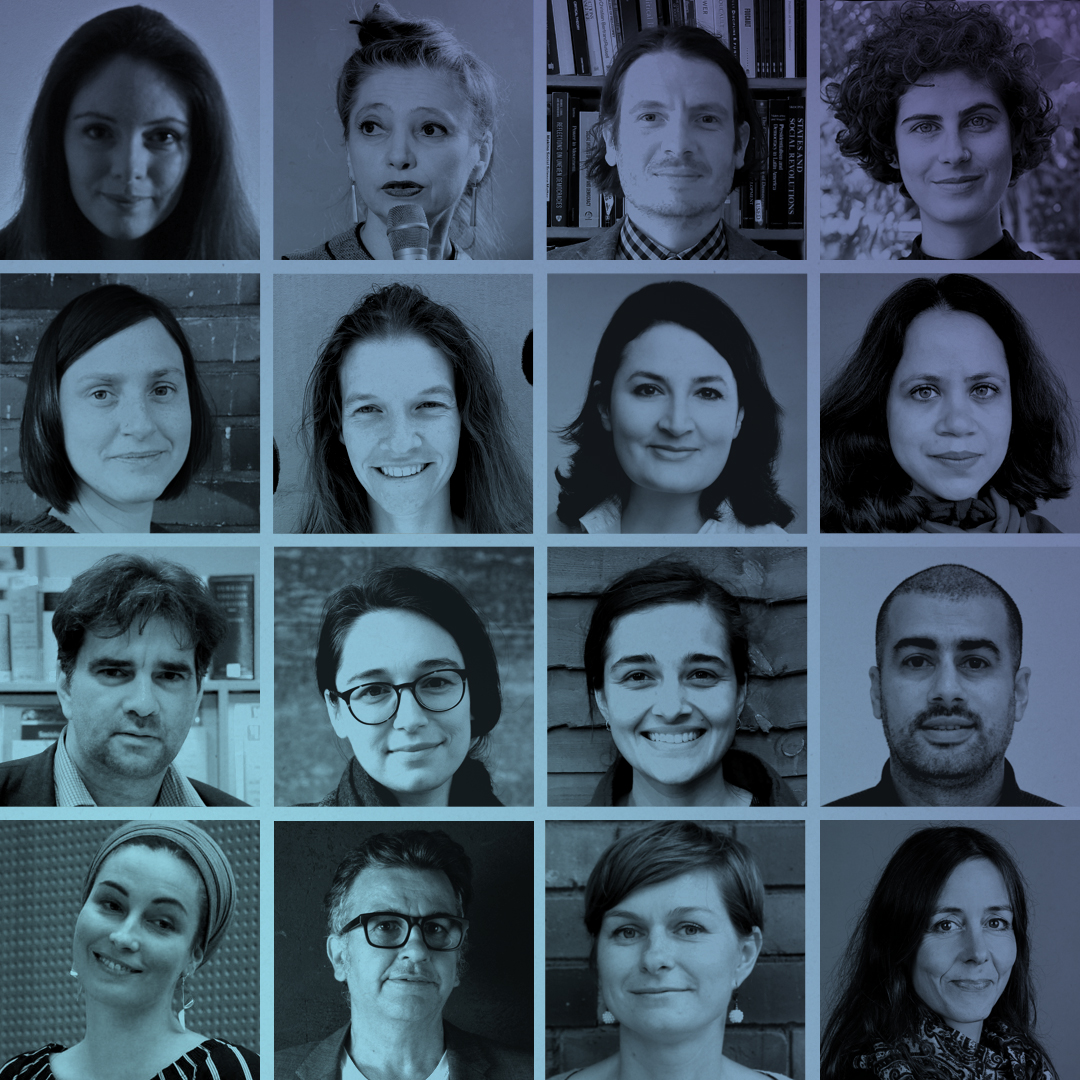The Human Question and the Possibilities of “Living Together”: Perspectives from the Arab and Islamic Worlds
by Dr. Mahmoud Al-ZayedThe aim of this research project is to examine the relationships between the conception of being human and the possibilities of living together. It explores this relationship through critical engagement with contemporary Arab and Muslim thought with a special focus on the works of the Algerian philosopher Malek Bennabi (1905-1973), the Moroccan philosopher Mohammed Aziz Lahbabi (1922-1993) and the Syrian thinker Mamdouh Adwan (1941-2004). Further, the project critically examines the conceptualisation of “the human” (insan), and its ethical and social implications through exploring concepts that signal the possibilities of living together such as “personalised/communitarian being”, “Afro-Muslim personality”, “ecumenical humanism”, “co-existence”, “dialogue” and “neighbourhood”. In more concrete terms, the project asks the following questions: What does it mean to be human within the social that is marked by plurality? What are the links and multiple relations between the conception of being human, the interhuman relations and the possibilities of living together? Is it possible to think of a truly universal understanding of the human and planetarily-sensitive human ethics that help us tackle the pressing problems that all humans and nonhumans face on a planetary scale?




